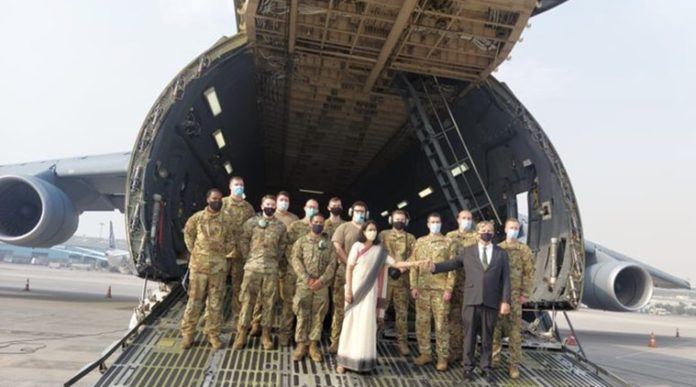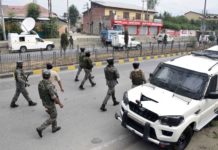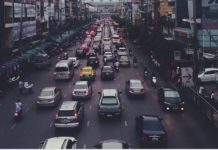New Delhi (NVI): Life-saving medical essentials, like oxygen and ventilators, has started pouring in from several countries, including the US, Russia and UK, as India grapples with the worst health crisis in the form of coronavirus pandemic. More countries like Japan are also preparing to send consignments to cater to the huge demand.
The supplies from the foreign countries, part of which may be on commercial basis, have been made possible only after a shift in the 16-year-old policy of the government of India that no relief would be accepted in the event of disasters as the country is capable enough to meet its requirements.
The policy, adopted by the previous UPA government, had been in place since the times of Tsunami which wrecked havoc in south India in December 2004. The then Prime Minister Manmohan Singh had said, “We feel that we can cope up with the situation on our own and we will take their help if needed.” The idea was tell the world that India has arrived as a power which can meet its requirements on its own, even during disasters.
Subsequently, India refused foreign aid after the devastating earthquake in Jammu and Kashmir in October 2005, floods in Uttarakhand in 2013 and the unprecedented floods in Kashmir in 2014.
Recently in August 2018, when Kerala was hit by unprecedented floods, the state government said the UAE had offered Rs 700 crore as relief. The Centre maintained that no foreign relief should be accepted and that it would meet the state’s requirements for relief and rehabilitation through “domestic efforts”. This had led to a major row between the Centre and the state government.
However, now, with an unprecedented nationwide health crisis at hand and life-saving medical supplies falling short, the government has decided to accept material from other countries.
As of now, more than 25 countries have got activated to send the required medical supplies. There are also offers from China and Pakistan, which will be considered separately considering the unfriendly nature of relations.
Supplies have already started or are in the pipeline from the US, Russia, France, Germany, UK, Saudi Arabia, UAE, Japan, Ireland, Belgium, Romania, Luxembourg, Portugal, Sweden, Australia, Bhutan, Singapore, Hong Kong, Thailand, Finland, Switzerland, Norway and Italy.
Meanwhile, the government is also trying to counter the negative image portrayed in foreign media about the handling of the current coronavirus crisis by Prime Minister Narendra Modi.
After a sharp criticism of Modi by leading international publications like The Australian newspaper, New York Times, Le Monde and Guardian besides western TV news channels, External Affairs Minister S Jaishankar held a video conference last night with India’s Ambassadors and High Commissioners posted across the world.
During the interaction, Jaishankar asked them to work to correct the “one-sided” narrative in the international media regarding Modi and his government’s handling of the crisis. The Envoys were asked to highlight the work done by the Modi government in dealing with the unprecedented crisis.








